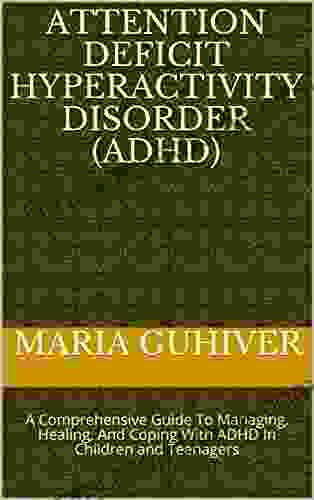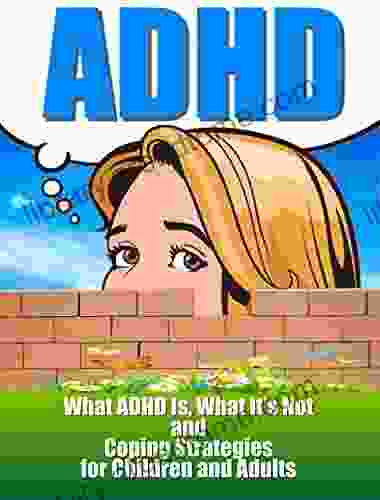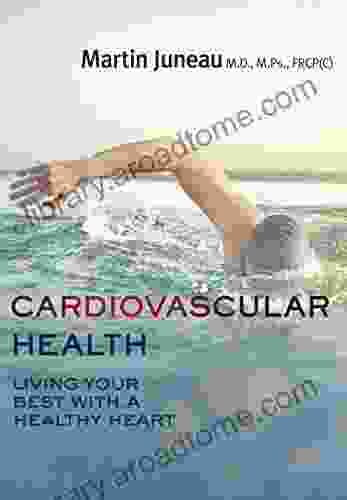Unlocking the Secrets of ADHD: A Comprehensive Guide to Understanding and Managing This Complex Condition

Attention Deficit Hyperactivity DisFree Download (ADHD) is a neurodevelopmental condition that affects millions of individuals worldwide. It is characterized by a persistent pattern of inattention, hyperactivity, and impulsivity that can significantly impact daily life. Understanding the complexities of ADHD is crucial for effective diagnosis and management, empowering individuals to harness their strengths and overcome challenges. This comprehensive guide delves into the intricacies of ADHD, providing essential information for individuals, families, and professionals alike.
Symptoms and Diagnosis of ADHD
ADHD manifests in a wide range of symptoms that vary in severity and presentation. Inattention, a core feature, involves difficulty focusing, sustaining attention, and following instructions. Hyperactivity and impulsivity often accompany inattention, проявляется чрезмерным движением, беспокойством и нетерпеливостью.
Diagnosing ADHD requires a comprehensive evaluation by a qualified healthcare professional, typically a psychiatrist or clinical psychologist. The evaluation involves a detailed history taking, observation of the individual's behavior, and assessment using standardized diagnostic criteria established by the American Psychiatric Association (APA) or the World Health Organization (WHO).
Types of ADHD
ADHD is classified into three subtypes based on the predominant symptoms:
1. Predominantly Inattentive Type: Individuals primarily struggle with attention and focus, displaying difficulties in organization, task completion, and remembering instructions. Hyperactivity and impulsivity may be less pronounced.
2. Predominantly Hyperactive-Impulsive Type: This subtype is characterized by excessive physical activity, restlessness, and difficulty controlling impulsive behaviors. Attention difficulties may be less severe.
3. Combined Type: Individuals meet the criteria for both inattention and hyperactivity-impulsivity, with significant difficulties in both areas.
Causes and Risk Factors of ADHD
The precise causes of ADHD are not fully understood, but a combination of genetic, environmental, and neurochemical factors is believed to contribute to its development. Research suggests a strong genetic component, with heritability estimates ranging from 75-90%. Environmental factors, such as exposure to lead or prenatal smoking, may also play a role.
Neurochemical imbalances in the brain, particularly involving dopamine and norepinephrine, are implicated in ADHD. These neurotransmitters are responsible for attention, focus, and inhibitory control, and their dysregulation can contribute to the symptoms of the condition.
Impact of ADHD on Individuals
ADHD can significantly impact various aspects of an individual's life. Academic difficulties are common, including problems with attention, memory, and organization. Social challenges may arise due to impulsive behaviors, difficulty following social cues, and impaired peer relationships. Emotional regulation issues, such as mood swings and irritability, are also frequently associated with ADHD.
In adulthood, individuals with ADHD may face challenges in the workplace, maintaining relationships, and managing time and responsibilities. The condition can also increase the risk of developing mental health disFree Downloads such as anxiety, depression, and substance abuse.
Management Strategies for ADHD
Effective management of ADHD involves a combination of medication and non-medication strategies tailored to the individual's needs. Medication, typically stimulants or non-stimulants, can help improve attention, reduce hyperactivity and impulsivity, and enhance emotional regulation. Non-medication interventions include behavioral therapy, cognitive behavioral therapy (CBT),and parent training programs.
Behavioral Therapy: Focuses on modifying behaviors through positive reinforcement, token economies, and contingency management. It teaches individuals to manage their attention, control impulsive behaviors, and improve social skills.
Cognitive Behavioral Therapy (CBT): Helps individuals identify and change negative thought patterns and behaviors that contribute to ADHD symptoms. CBT emphasizes self-regulation, problem-solving, and coping mechanisms.
Parent Training Programs: Equips parents with strategies to manage their child's ADHD at home. These programs teach effective discipline techniques, communication skills, and ways to create a supportive and structured environment.
Support for Individuals and Families
Navigating ADHD can be a challenging journey for individuals and families. Support systems are crucial for providing guidance, resources, and emotional encouragement. Support groups, online forums, and advocacy organizations offer a sense of community, shared experiences, and access to up-to-date information.
Family therapy can help improve family communication, reduce stress, and provide a supportive environment for individuals with ADHD. Counseling can provide emotional support, coping mechanisms, and strategies for managing the challenges associated with the condition.
Education and Awareness
Education about ADHD is essential for breaking down stigmas, promoting understanding, and ensuring individuals receive appropriate support. Schools, workplaces, and communities play a vital role in creating inclusive and supportive environments.
Educating individuals with ADHD about their condition can empower them to self-advocate, develop coping strategies, and maximize their potential. Awareness campaigns can increase public understanding, reduce stigma, and promote empathy.
Research and Future Directions
Ongoing research is essential for advancing our understanding of ADHD and developing more effective treatments. Genetic studies, brain imaging techniques, and neurochemical investigations are shedding light on the underlying mechanisms of the condition.
Research into novel medications and non-medication interventions holds promise for improving outcomes for individuals with ADHD. Personalized medicine approaches, tailored to individual profiles, are becoming increasingly important in optimizing treatment strategies.
Attention Deficit Hyperactivity DisFree Download (ADHD) is a complex neurodevelopmental condition that affects millions of individuals worldwide. Understanding the symptoms, diagnosis, and management of ADHD is crucial for empowering individuals to navigate its challenges and unlock their potential.
This comprehensive guide has provided essential information on ADHD, including its various types, causes, impact, and effective management strategies. With continued research, education, and support, individuals with ADHD can achieve successful and fulfilling lives.
Remember, if you or someone you know is struggling with ADHD, it is essential to seek professional evaluation and support. With the right diagnosis and treatment, individuals with ADHD can learn to manage their symptoms, develop coping mechanisms, and lead fulfilling lives.
Do you want to contribute by writing guest posts on this blog?
Please contact us and send us a resume of previous articles that you have written.
Light bulbAdvertise smarter! Our strategic ad space ensures maximum exposure. Reserve your spot today!
 Richard SimmonsFollow ·7.7k
Richard SimmonsFollow ·7.7k George MartinFollow ·15.4k
George MartinFollow ·15.4k Leon FosterFollow ·19.3k
Leon FosterFollow ·19.3k Robin PowellFollow ·13.4k
Robin PowellFollow ·13.4k Bo CoxFollow ·13.4k
Bo CoxFollow ·13.4k Aldous HuxleyFollow ·5.9k
Aldous HuxleyFollow ·5.9k Dominic SimmonsFollow ·13.7k
Dominic SimmonsFollow ·13.7k Wade CoxFollow ·8.2k
Wade CoxFollow ·8.2k
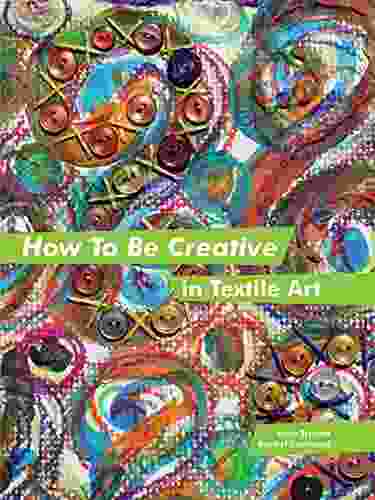
 Lord Byron
Lord ByronHow to Be Creative in Textile Art: A Comprehensive Guide...
Textile art is a...

 Kenneth Parker
Kenneth ParkerMaster the Art of Grilling with "The BBQ Sauces Cookbook"
Are you tired of the same old...
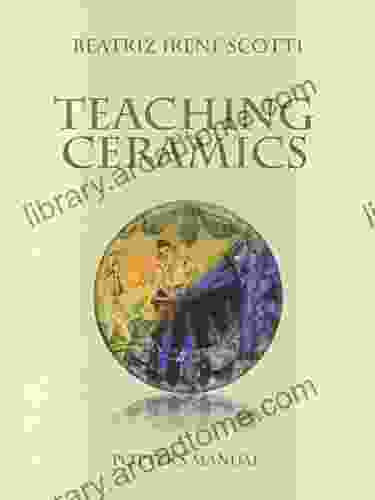
 Jerome Blair
Jerome BlairTeaching Ceramics Potter Manual: Unlock Your Inner Artist...
Imagine the satisfaction of crafting exquisite...
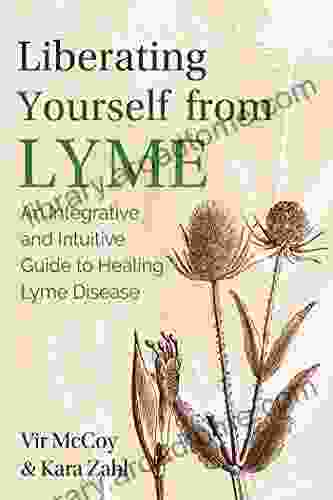
 Paulo Coelho
Paulo CoelhoLiberating Yourself From Lyme: A Comprehensive Guide to...
What is Lyme...
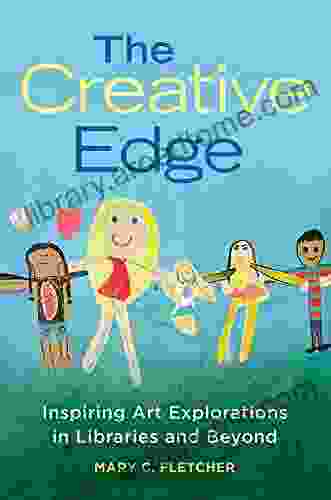
 Banana Yoshimoto
Banana YoshimotoInspiring Art Explorations: Unleashing Creativity in...
Prepare to be inspired...


